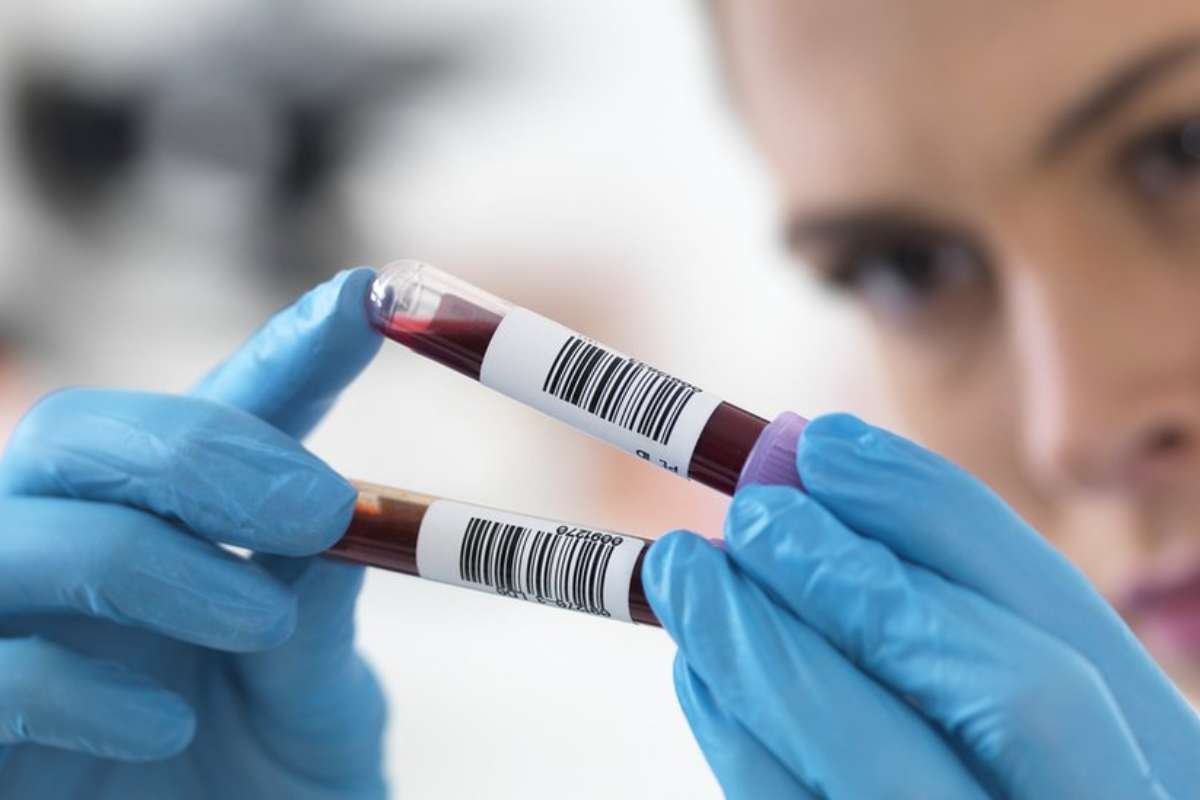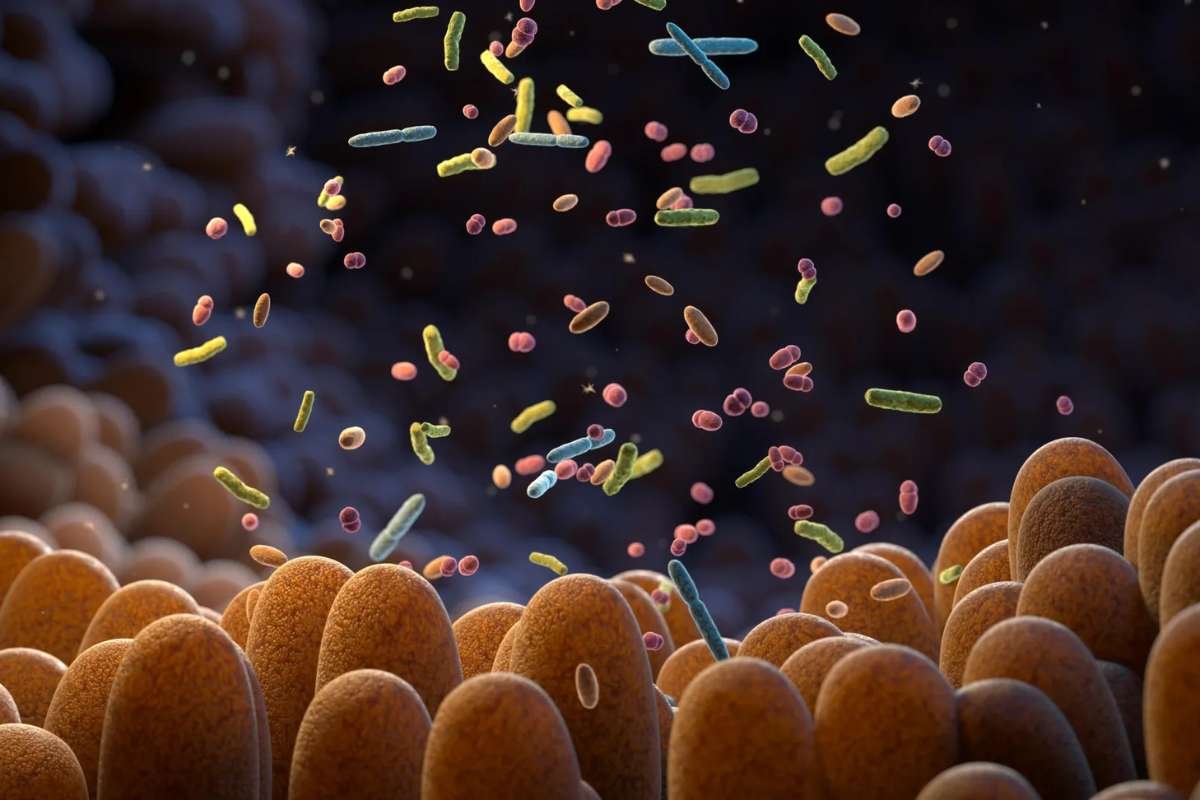In a groundbreaking advancement in aging research, Stanford scientists have unveiled an organ aging blood test that can determine the biological age of 11 different organs, offering a personalized snapshot of health and future risk. Published in Nature Medicine, the study analyzed blood samples from over 45,000 people in the UK Biobank, using AI to assess levels of nearly 3,000 proteins and link them to specific organs like the brain, heart, liver, and kidneys.
This “proteomic clock” revealed that around one in three adults had at least one organ aging significantly faster or slower than their actual age. Alarmingly, those with an “extremely aged” brain, defined as more than 1.5 standard deviations older than average, were up to three times more likely to develop Alzheimer’s and had a 182% higher risk of death within 15 years. Conversely, a biologically younger brain predicted longer life expectancy.
Why the Brain May Be the Ultimate Longevity Indicator
Experts now believe that brain aging might be the strongest predictor of overall health. According to Time Magazine, the findings suggest that the brain serves as a “biological clock,” reflecting not only cognitive function but also systemic resilience. The organ aging blood test’s ability to detect subtle, protein-level shifts makes it a powerful tool for spotting organ-specific vulnerabilities long before symptoms arise.
Lead researcher Tony Wyss-Coray explained that the goal isn’t to trigger fear, but to empower proactive care. If your liver is aging faster than your lungs, for example, lifestyle tweaks or targeted screenings could help delay disease onset. The findings also reinforce the potential value of interventions, like improved sleep, diet, exercise, and stress reduction, that may help slow or even reverse biological aging.
Startups such as Teal Omics and Vero Bioscience have already begun translating these findings into consumer diagnostics, with early estimates suggesting a clinical version of the test could cost around $1,000.
Future of Aging: Personalized, Preventive, and Data-Driven
Although still in development, this organ aging blood test is poised to reshape preventive medicine. It fills a gap left by existing tools like MRI scans and genetic markers by offering a non-invasive, scalable, and organ-specific view of aging. The research team plans clinical trials to see if lifestyle or pharmaceutical interventions can actually “rewind” aging clocks at the organ level.
Complementing this study, new insights also highlight the importance of maintaining a youthful immune system. According to New Scientist, the immune system and brain may work together as longevity gatekeepers. Those with younger immune profiles showed not only lower disease risk but also better recovery from illness, potentially adding healthy years to life.
As the science evolves, experts say this organ-by-organ view of aging could help turn longevity into a manageable, measurable goal, rather than a mystery.
Stanford’s organ aging blood test doesn’t just reveal how old you are—it tells you which part of you is aging fastest. And if it’s your brain, it might be time to pay attention.
Sources:







